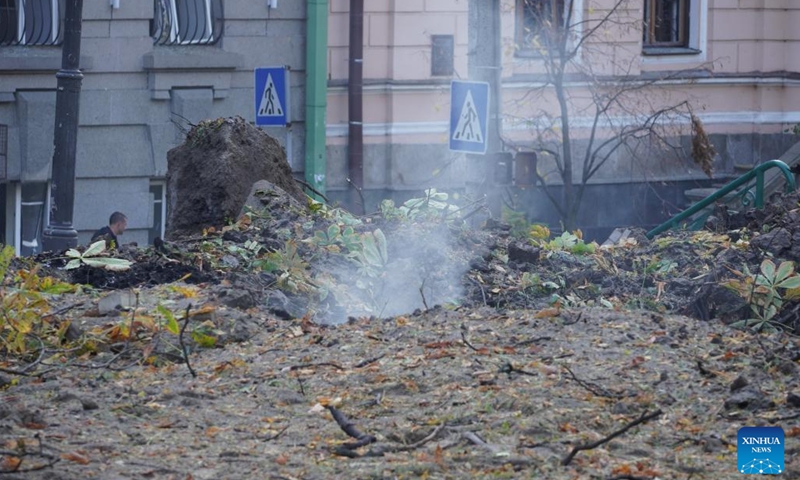
Libya’s National Oil Corporation (NOC) has declared force majeure on operations at the El Sharara oil field, a critical asset in the country’s oil production infrastructure. This decision comes as tensions escalate between various factions within the Libyan government, further complicating the nation’s already turbulent political landscape.
El Sharara, one of Libya’s largest oil fields, has been a focal point in the ongoing struggle for control over the country’s vast oil resources. The declaration of force majeure, which effectively absolves the NOC from contractual obligations due to circumstances beyond its control, underscores the severity of the situation. The field, with a production capacity of approximately 300,000 barrels per day, plays a significant role in Libya’s oil output and, consequently, its economy.
The conflict within Libya has intensified as rival factions vie for control over key resources and political influence. The Government of National Unity (GNU), which was established under a United Nations-backed initiative to bring stability to Libya, faces opposition from the House of Representatives (HoR) and the Libyan National Army (LNA). This power struggle has led to frequent disruptions in oil production and exports, contributing to Libya’s economic instability.
The impact of the force majeure declaration on the global oil market is significant. Libya, a member of the Organization of the Petroleum Exporting Countries (OPEC), has struggled to maintain its oil production levels due to ongoing conflicts. The suspension of operations at El Sharara will likely exacerbate the volatility in global oil prices, which have already been affected by geopolitical tensions and supply chain disruptions.
The NOC’s decision comes amid reports of increasing military clashes in the southern region of Libya, where the El Sharara field is located. The LNA, led by General Khalifa Haftar, has been involved in a series of confrontations with forces aligned with the GNU. These clashes have not only threatened the safety of oil facilities but also led to interruptions in production and transportation infrastructure.
International reactions to the declaration have been mixed. While some global energy companies operating in Libya have expressed concern over the instability and its potential impact on their investments, others are bracing for potential adjustments in their operational strategies. The United Nations has reiterated its call for a ceasefire and a renewed commitment to dialogue among Libyan factions to restore stability and ensure the security of vital infrastructure.
The broader implications of the force majeure declaration reflect the deepening crisis in Libya, where the struggle for control over oil resources continues to fuel conflict and hinder progress towards national reconciliation. As the situation evolves, the focus will remain on efforts to mediate the political disputes and stabilize the oil sector, which remains a cornerstone of Libya’s economy.
Libya’s oil sector, crucial for both the national economy and global energy markets, is facing a challenging period as internal conflicts disrupt production and export activities. The ongoing power struggle among Libyan factions and the resulting instability highlight the difficulties in achieving a sustainable resolution to the country’s protracted crisis.


